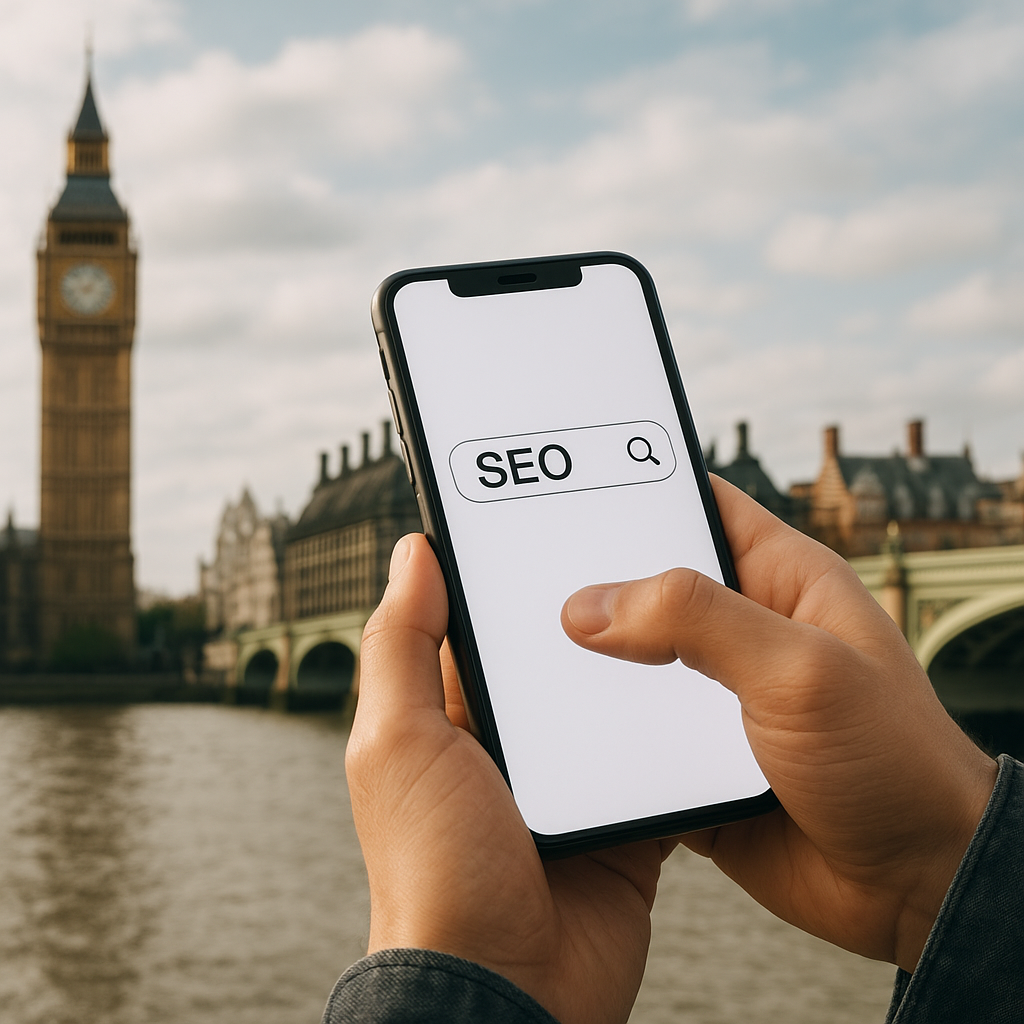Reaching a vibrant metropolitan market like London requires a finely tuned approach to search optimization. Businesses seeking to boost visibility must align content with the preferences of local users and search engines. By focusing on audience needs, regional nuances, and strategic outreach, brands can carve out a competitive edge in the heart of the UK capital.
Understanding the London Audience
Identifying the characteristics of a London audience involves demographic research, behavioral analysis, and local insights. Londoners come from diverse cultural backgrounds, speak multiple languages, and use regional slang in daily searches. Catering to these complexities starts with:
- Analyzing age groups, income levels, and geographic boroughs to segment your target market.
- Monitoring local forums, social media groups, and community events for emerging trends.
- Using tools like Google Analytics and heatmaps to track user journeys specific to London visitors.
Effective audience profiling lays the groundwork for a custom content strategy that resonates with London’s eclectic neighborhoods—from the financial district of the City to the creative hubs of Shoreditch.
Crafting a Localized Keyword Strategy
Keyword selection is the backbone of any SEO campaign. For London-focused content, prioritize:
- Keywords that combine core service terms with borough names (e.g., “best coffee shop in Camden”).
- Long-tail phrases reflecting local events, landmarks, or cultural idioms (e.g., “late-night brunch near Tower Bridge”).
- Seasonal and event-based queries tied to festivals, sports fixtures, and business conferences held in London.
Leverage keyword research platforms to compare global metrics with London-specific search volumes. This analysis reveals regional demand and competition levels, enabling you to select terms that balance reach and attainability.
Optimizing On-Page Elements for London Relevance
On-page optimization ensures search engines correctly interpret your location-based content. Focus on:
- Title tags and meta descriptions incorporating both primary on-page SEO terms and location modifiers.
- Header structure (H2, H3) that breaks down information logically while highlighting borough names or landmarks.
- URL slugs that remain concise and include local identifiers (e.g., /marketing-agency-london-bridge).
In addition, embed schema markup for local businesses to enhance SERP features. LocalBusiness schema supplies search engines with precise address, opening hours, and contact details—boosting credibility in Google’s local pack.
Creating Engaging, Value-Driven Content
Delivering valuable information to London users strengthens authority and drives organic traffic. Implement these best practices:
- Answer common queries with in-depth blog posts or guides (e.g., “How to navigate the Jubilee Line”).
- Produce multimedia elements—maps, infographics, and videos showcasing local hotspots.
- Stay consistent with tone and terminology familiar to Londoners, such as “tube” instead of generic “metro.”
Prioritize readability with short paragraphs, bullet points, and relevant subheadings. Ensure that every piece aligns with user intent—whether informational, navigational, or transactional.
Enhancing Local Search Presence
To dominate local SERPs, optimize for proximity and relevance. Key actions include:
- Claiming and verifying your Google My Business listing to appear in map packs and knowledge panels.
- Encouraging satisfied customers to leave positive reviews, boosting both reputation and local ranking signals.
- Maintaining accurate NAP (Name, Address, Phone number) consistency across directories and citations.
Engage with local blogs, business associations, and event listings to secure mentions and listings that reinforce your physical presence in the London community.
Building a Strong Backlink Profile
Quality backlinks from reputable London-based sites signal authority to search engines. Pursue link-building opportunities such as:
- Collaborating with local influencers, journalists, or neighborhood directories for guest posts and features.
- Sponsoring community events, charities, or meetups to earn citations and media coverage.
- Creating shareable data-driven studies or interactive tools related to London’s economy, transport, or culture.
Focus on earning links from domains with high domain authority and genuine relevance to your niche. Avoid low-quality link schemes that could trigger search engine penalties.
Optimizing for Mobile and Speed
With a high percentage of on-the-go searches in London, mobile optimization is non-negotiable. Ensure your site:
- Loads within three seconds on mobile networks by compressing images and leveraging browser caching.
- Implements responsive design for seamless display across smartphones and tablets.
- Features tappable navigation elements and clear calls-to-action designed for thumb interaction.
Use Google’s PageSpeed Insights and Lighthouse tools to identify performance bottlenecks. Improving load times not only enhances rankings but also elevates the overall user experience.
Continuous Measurement and Iteration
SEO for a dynamic market like London demands regular performance reviews. Track metrics including:
- Organic traffic growth from London-based IP addresses.
- Keyword rankings for prioritized local terms in SERPs.
- Bounce rates and time-on-page for location-specific landing pages.
Conduct A/B testing on headlines, calls-to-action, and page layouts to refine your approach. Use insights to adjust your content strategy—adding fresh topics, optimizing underperforming pages, and scaling successful formats.
Conclusion
Dominate London search results by blending deep audience understanding with technical expertise. From localized keyword planning to robust link acquisition, every step contributes to a stronger digital footprint. By committing to ongoing optimization and user-centric content, brands can secure top positions in the bustling SEO landscape of the UK capital.




